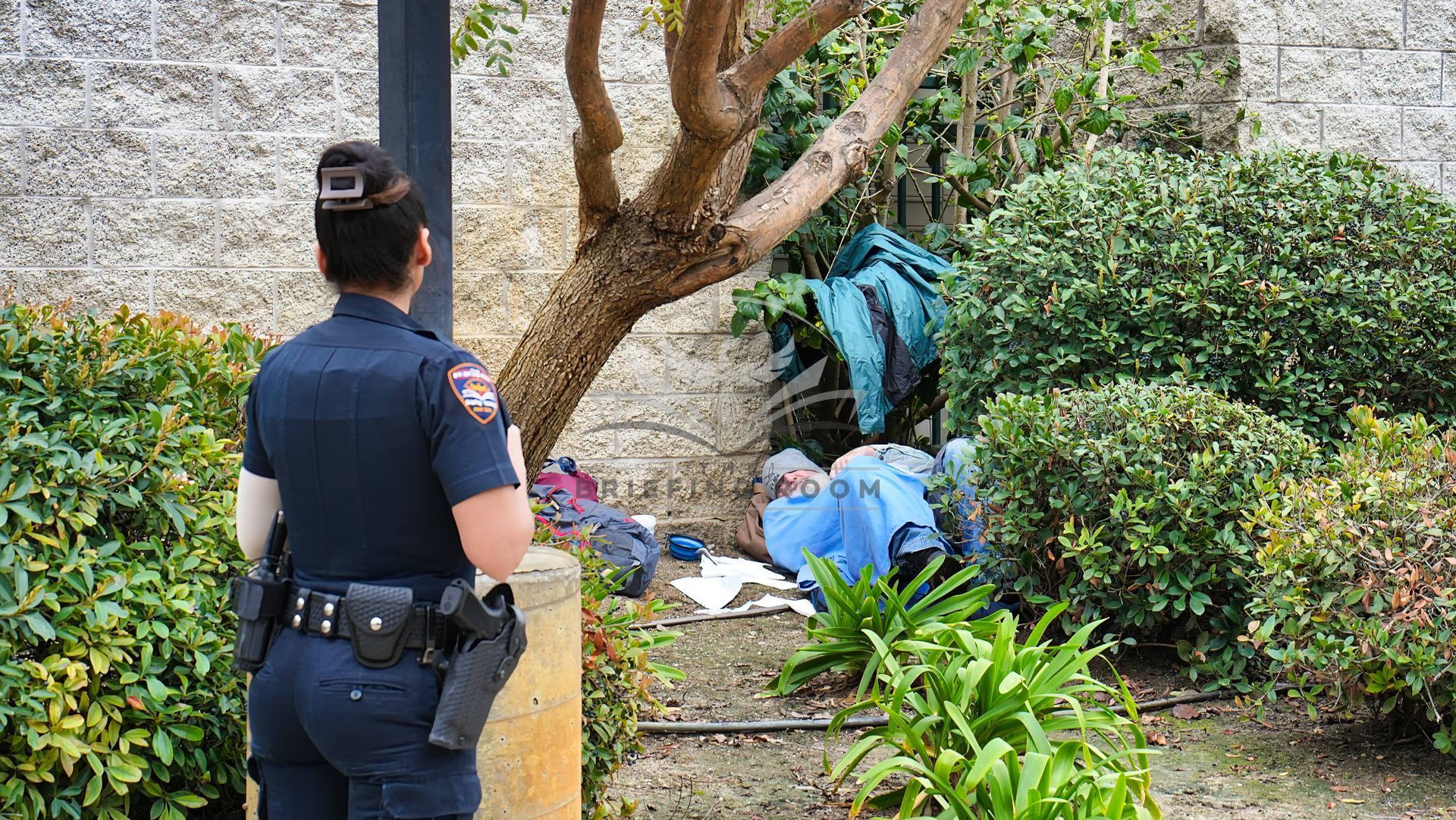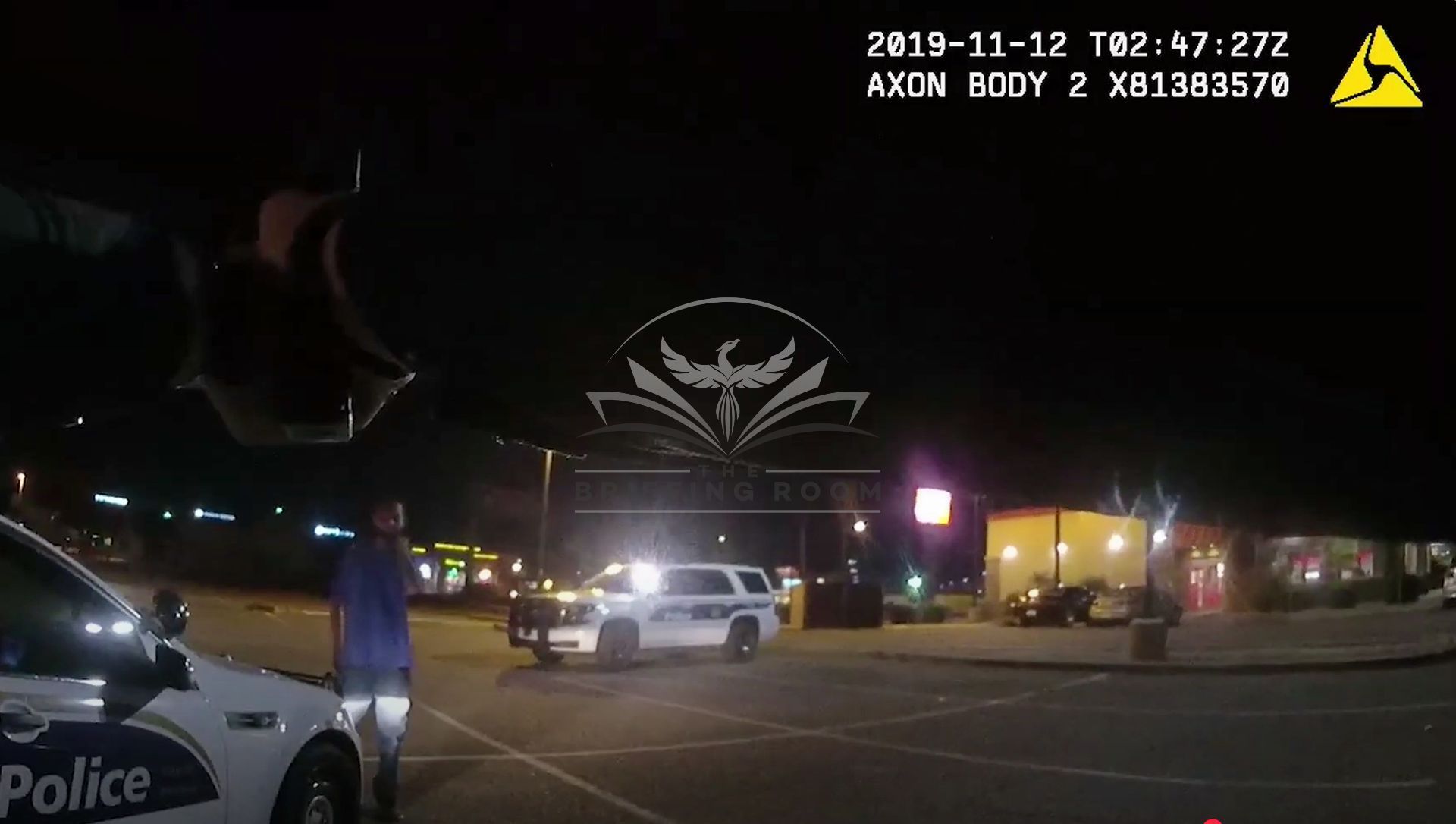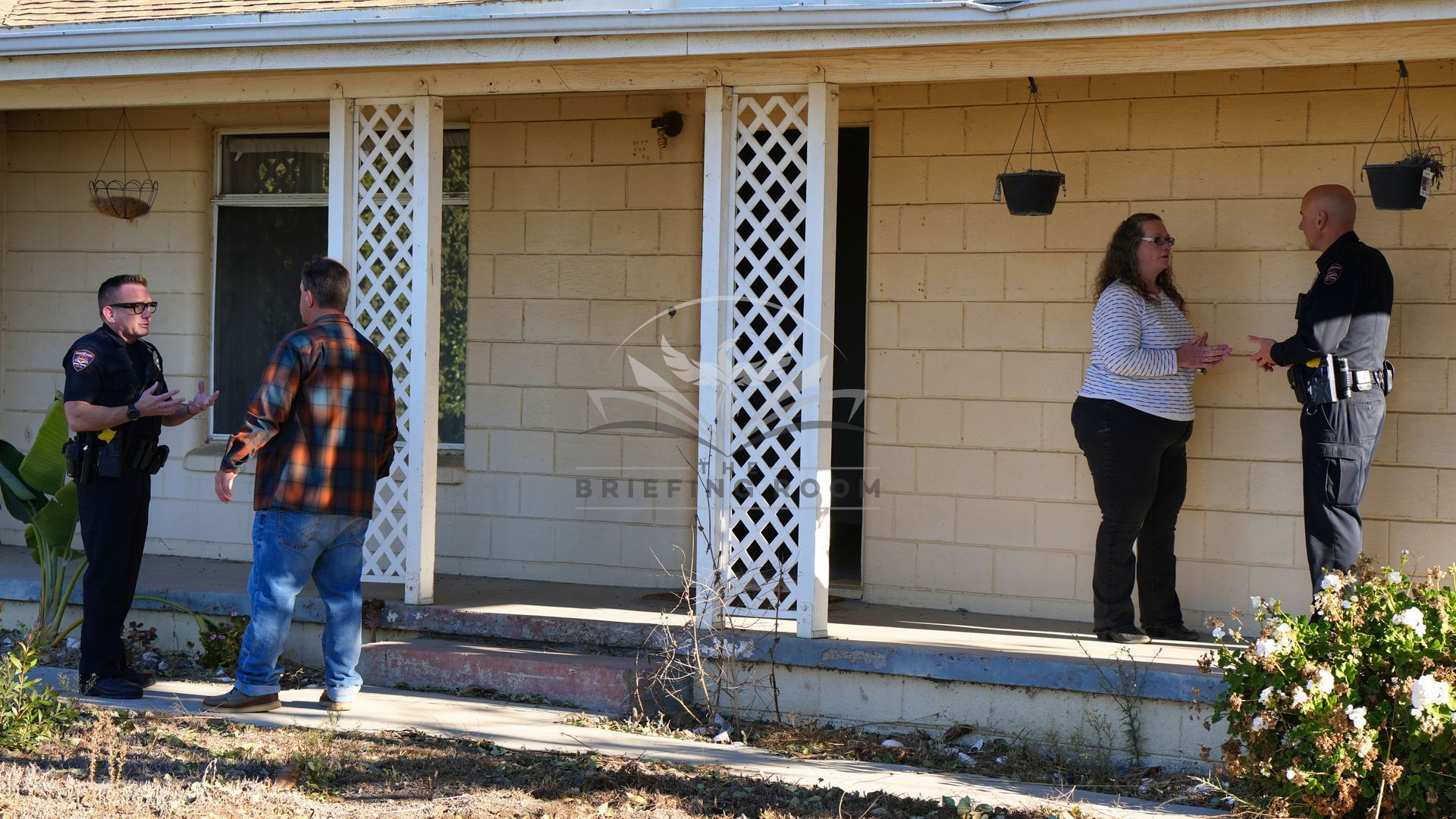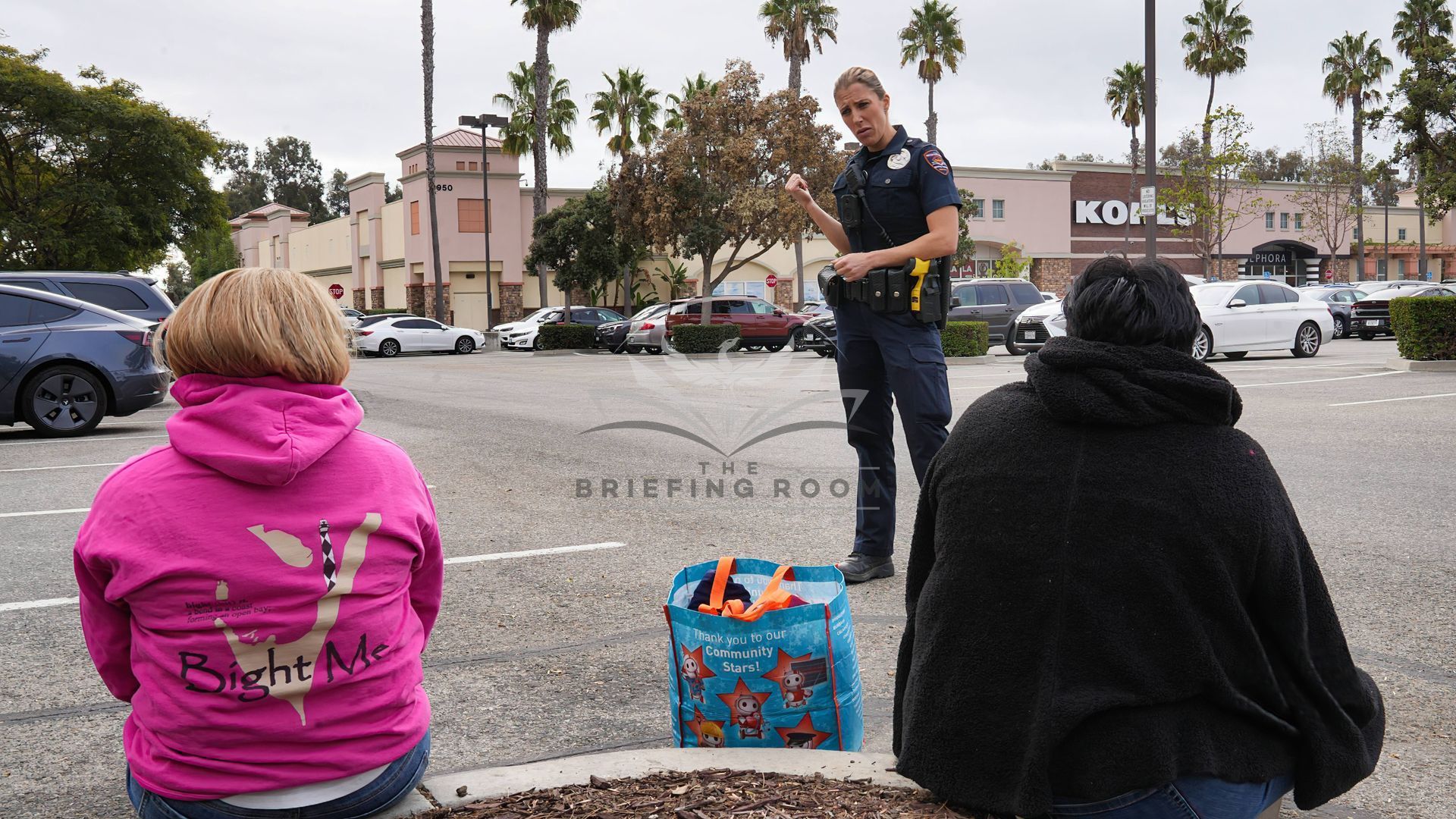Enforcement of Camping Ordinances in the United States

This post is only offered as a discussion topic only and does not represent legal advice. Officers must refer to the laws in their own State as well as their agency's policies, which can be more restrictive on officers that the law requires.
Can cities enforce laws intended to prevent camping on public property? That was the question in the United States Supreme Court Case, City of Grants Pass v. Johnson which was decided on June 28, 2024.
The Syllabus provided in the case gives us a great historical understanding of the significance of this case. They wrote, “In a prior decision, Martin v. Boise, the Ninth Circuit held that the Eighth Amendment’s Cruel and Unusual Punishments Clause bars cities from enforcing public-camping ordinances like these against homeless individuals whenever the number of homeless individuals in a jurisdiction exceeds the number of “practically available” shelter beds."
“After Martin, suits against Western cities like Grants Pass proliferated. Plaintiffs filed a putative class action on behalf of homeless people living in Grants Pass, claiming that the city’s ordinances against public camping violated the Eighth Amendment. The district court…entered a Martin injunction prohibiting Grants Pass from enforcing its laws against homeless individuals in the city. Most cities in the 9th Circuit did the same.” And, as we all know, homeless encampments spread through almost every city in the Western United States. In fact, the Supreme Court said, “California alone is home to around half of those in this Nation living without shelter on a given night. And each of the five States with the highest rates of unsheltered homelessness in the country—California, Oregon, Hawaii, Arizona, and Nevada—lies in the American West.”
But now, as of June 28, 2024, the United States Supreme Court overruled the 9th Circuit by holding that, “The enforcement of generally applicable laws regulating camping on public property does not constitute “cruel and unusual punishment” prohibited by the Eighth Amendment.” This case essentially wipes out the holdings in Martin v. Boise and Johnson v. City of Grants Pass.
In doing so, the 9th Circuit acknowledged many of the issues that we have all been facing since Martin v. Boise was decided. They said, “Start with this problem. Under Martin, cities must allow public camping by those who are “involuntarily” homeless. But how are city officials and law enforcement officers to know what it means to be “involuntarily” homeless, or whether any particular person meets that standard? Posing the questions may be easy; answering them is not. “
“To be sure, Martin attempted to head off these complexities through some back-of-the-envelope arithmetic. The Ninth Circuit said a city needs to consider individuals “in-voluntarily” homeless (and thus entitled to camp on public property) only when the overall homeless population exceeds the total number of “adequate” and “practically available” shelter beds. But as sometimes happens with abstract rules created by those far from the front lines, that test has proven all but impossible to administer in practice.”
And so the Supreme Court’s official opinion is this: “Yes, people will disagree over which policy responses are best; they may experiment with one set of approaches only to find later another set works better; they may find certain responses more appropriate for some communities than others.
But in our democracy, that is their right.” “Nor can a handful of federal judges begin to “match” the collective wisdom the American people possess in deciding “how best to handle” a pressing social question like homelessness. The Constitution’s Eighth Amendment serves many important functions, but it does not authorize federal judges to wrest those rights and responsibilities from the American people and in their place dictate this Nation’s homelessness policy. The judgment below is reversed, and the case is remanded for further proceedings consistent with this opinion.”
So does this mean officers should go out and enforce these laws right now in their city? Probably not. Enforcement is going to depend on how an officer's city and agency leaders want to proceed. This court decision gives them the power to decide which camping laws they want to enforce and how they’re going to enforce them, which will likely be part of a broad plan to manage homelessness in their city. Chances are, they’re going to need some time to figure out how to adjust to this new finding and Police officers will get guidance from their agency leadership when a plan is in place.
If an officer really wants to understand the nuances of this case, we strongly recommend they read the case in its entirety (linked below). Its an excellent read. And as always, an officer should be sure to refer to their agency's policy, which can be more restrictive than the law requires.
For the full video and all the resources mentioned in this blog, please visit TheBriefingRoom.com for more information on this important topic.
The Briefing Room has a short training video available on this exact scenario so agency supervisors can easily train every officer in your agency on this essential topic.
90-Second Training Videos Your Supervisors Use During Briefing or Roll Call To Develop High-Performing Teams of Officers.
✅ Lower Liability
✅ Retain Officers
✅ Build Community Support
🌟 Produced Exclusively by Active-Duty Law Enforcement Instructors 🌟



